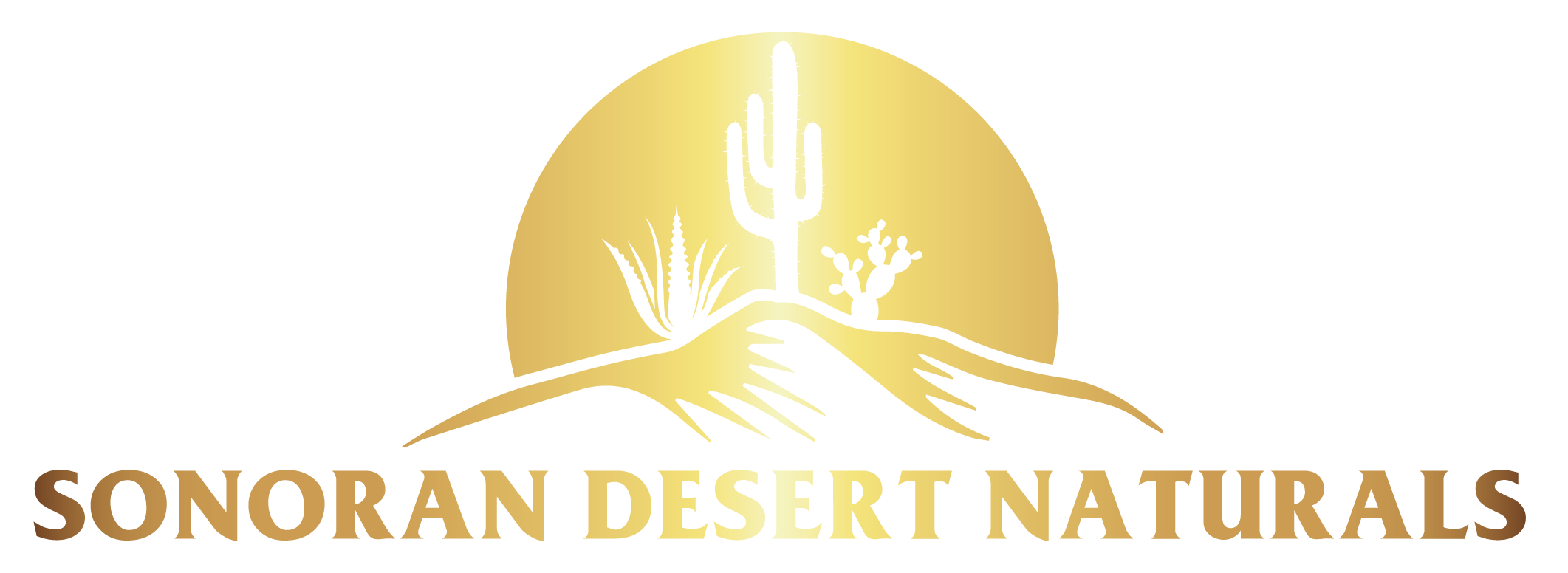What is CBD? CBD is a cannabinoid derived from both marijuana cannabis and industrial hemp – the latter having less than 0.3 percent tetrahydrocannabinol (THC) content. Either way, CBD itself is non-psychoactive, so it doesn’t create any euphoric effects like THC. CBD has become wildly popular because of its many uses related to maintaining health and wellness. And recently, the 2018 Farm Bill legalized the growth and manufacturing of industrial hemp – allowing hemp-based products, such as CBD oil, to be more readily available.
What is CBD Oil? CBD oil is defined as a CBD isolate pulled from Cannabis sativa through CO2 extraction and diffused into a carrier oil for better human consumption. These carrier oils are usually natural such as MCT oil, a coconut-based oil, and hemp seed oil. CBD oil might be the most popular CBD product because of its easy application and effectiveness.
What is CBD Tincture? When distinguishing a CBD tincture vs. oil, there are a few factors to determine. By definition, a tincture is an alcohol-based or alcohol and water-type solution. In the CBD industry, the process of creating a CBD tincture involves saturating hemp material into high-proof alcohol and heating it slowly for some amount of time. This creation method allows the CBD molecules to infuse with the alcohol, which then is boiled from the solution, leaving a liquid that can deliver CBD compounds through the body. In the consumer CBD market, many manufacturers will substitute the alcohol with a carrier oil and add other ingredients, including natural flavorings, for better taste. CBD tinctures also use CBD isolates extracted from the flower, stalk, and leaves of Cannabis sativa – similar to regular CBD oil – but through the use of alcohol instead of CO2 extraction. Other tinctures may also use vinegar or glycerin as a stripping agent instead of alcohol. Still, the most significant difference is that a tincture will use a liquid solvent to grab CBD isolates while commercial CBD oil utilizes carbon dioxide.
The benefits of using CO2 extraction over a stripping solvent include:
- Cost-effectiveness
- Quality concentration
- Sustainability
- Bioavailability
Overall health and wellness is another substantial component in choosing a safer extraction method such as CO2 – many consumers may have a sensitivity to alcohol or alcohol-based products.
CBD oil and CBD tinctures are two terms often used interchangeably – causing much confusion with consumers because of their common characteristics. Despite their similarities, the two also have distinct features that separate them.
CBD oil is produced when CBD isolates – pulled from industrial hemp using CO2 extraction – are infused with a carrier oil, such as MCT oil. CBD tinctures, by definition, use alcohol as an extraction solvent to pull CBD isolates from raw hemp material.
And while CBD oils typically contain a carrier oil infused with CBD compounds, CBD tinctures would usually contain additional ingredients for better consumption, such as natural flavors. Tinctures may also utilize other solvents to strip CBD from hemp, but CBD oils consistently use CO2 for its isolates.
CBD oil uses two essential ingredients – CBD isolates and carrier oils. But many retail CBD oils may also contain natural flavorings and even other plant terpenes and cannabinoids, which would make them tinctures in some instances.
Conversely, a traditional CBD tincture will contain CBD isolates inside of an alcohol-based solution and several other ingredients. But most retail CBD tinctures are alcohol-free – using CO2 as the extraction method and identifying as CBD oil. The main difference would be the use of alcohol during the extraction period.
Both of them are best taken sublingually by placing a few drops or a dropper full underneath the tongue. However, pure CBD oil – without any additional ingredients – can also serve as a topical application, even though the CBD compounds won’t reach the bloodstream through skin absorption. And both are useful for maintaining wellness.
Using a CBD tincture is not much different than using a bottle of CBD oil; it’s also taken sublingually with a couple of drops placed under the tongue and held there for about 30 seconds before swallowing. Using a CBD tincture is not much different than using a bottle of CBD oil; it’s also taken sublingually with a couple of drops placed under the tongue and held there for about 30 seconds before swallowing. Similar to CBD oil, one or two servings per day is the best suggestion as well. And there’s also no general amount to take that is designed to work for everyone. It’s best to start with small amounts and gradually increase until you discover how much is needed for you. You should also consult with your doctor about starting or incorporating CBD into your daily activities; a professional health provider could assist with the right dosage for you.
Think CBD oil tinctures are right for you? Take a look at our products available. CLICK HERE

